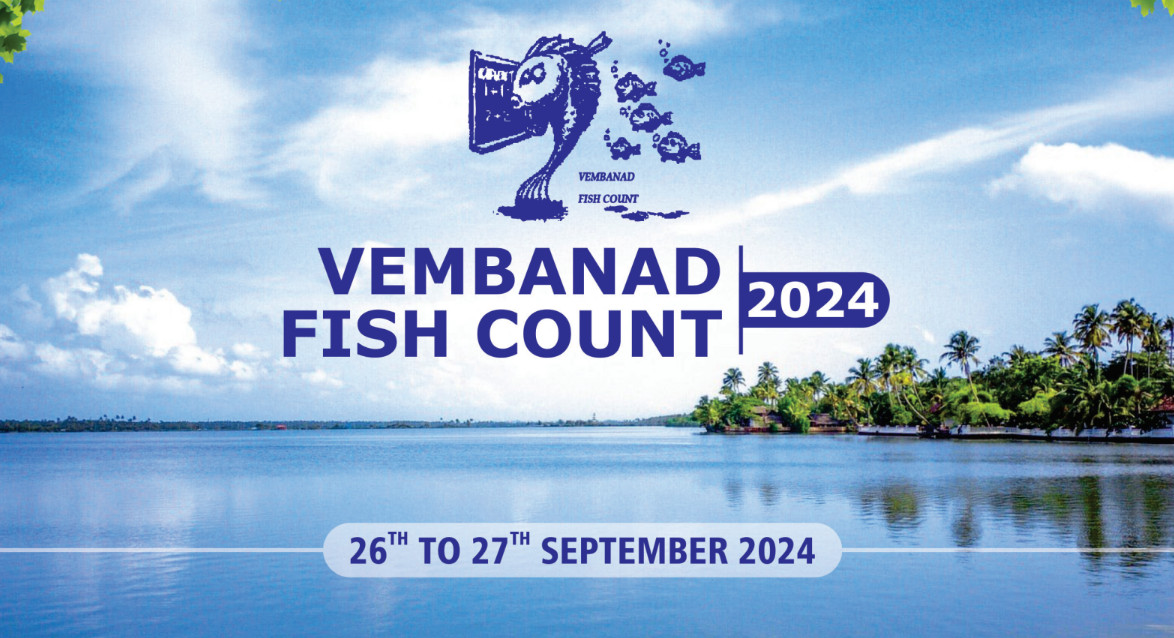
The 17th edition of Vembanad Fish Count 2024 (VFC 2024) is the foremost event aimed at assessing the fishery and ecological dynamics of the Vembanad Estuary, which is the largest tropical wetland ecosystem on the southwest coast of India. The Ashoka Trust for Research in Ecology and the Environment (ATREE) initiated the VFC in May 2008 as an annual participatory fish assessment event. This year, VFC is scheduled to take place from 30th to 31st May 2024, orientation for the volunteers will be on 30th evening, starts at 5.00pm. The fish count is scheduled to commence at 6:00 AM on 31st morning. This event is organized in collaboration with various academic institutions, government departments, and civil society organizations, aiming to bring together a diverse range of stakeholders including researchers, NGOs, environmentalists, students, fishers, local self-governments, and schools from around the lake.
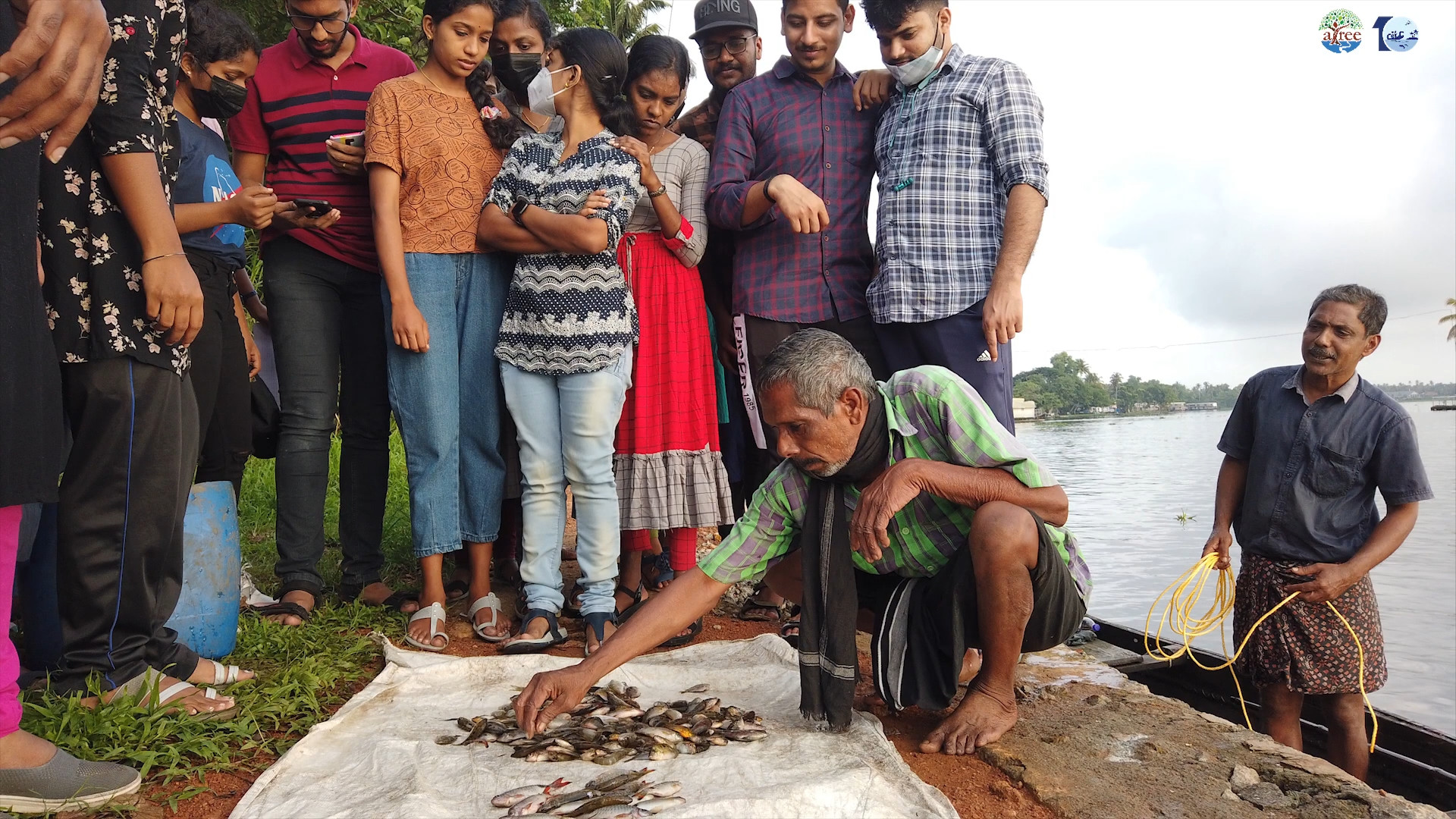
The primary objectives of VFC 2024 are twofold:
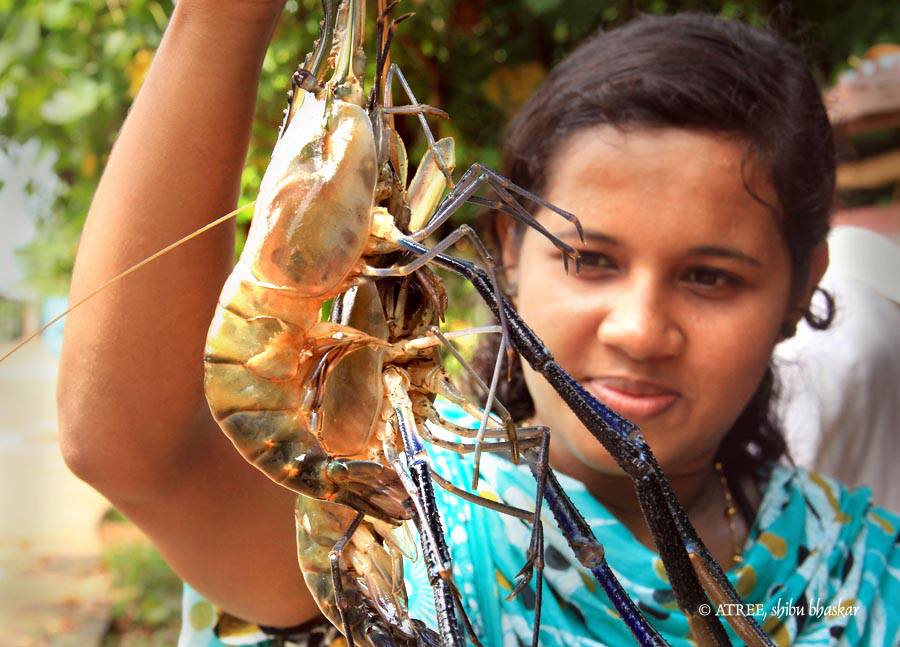
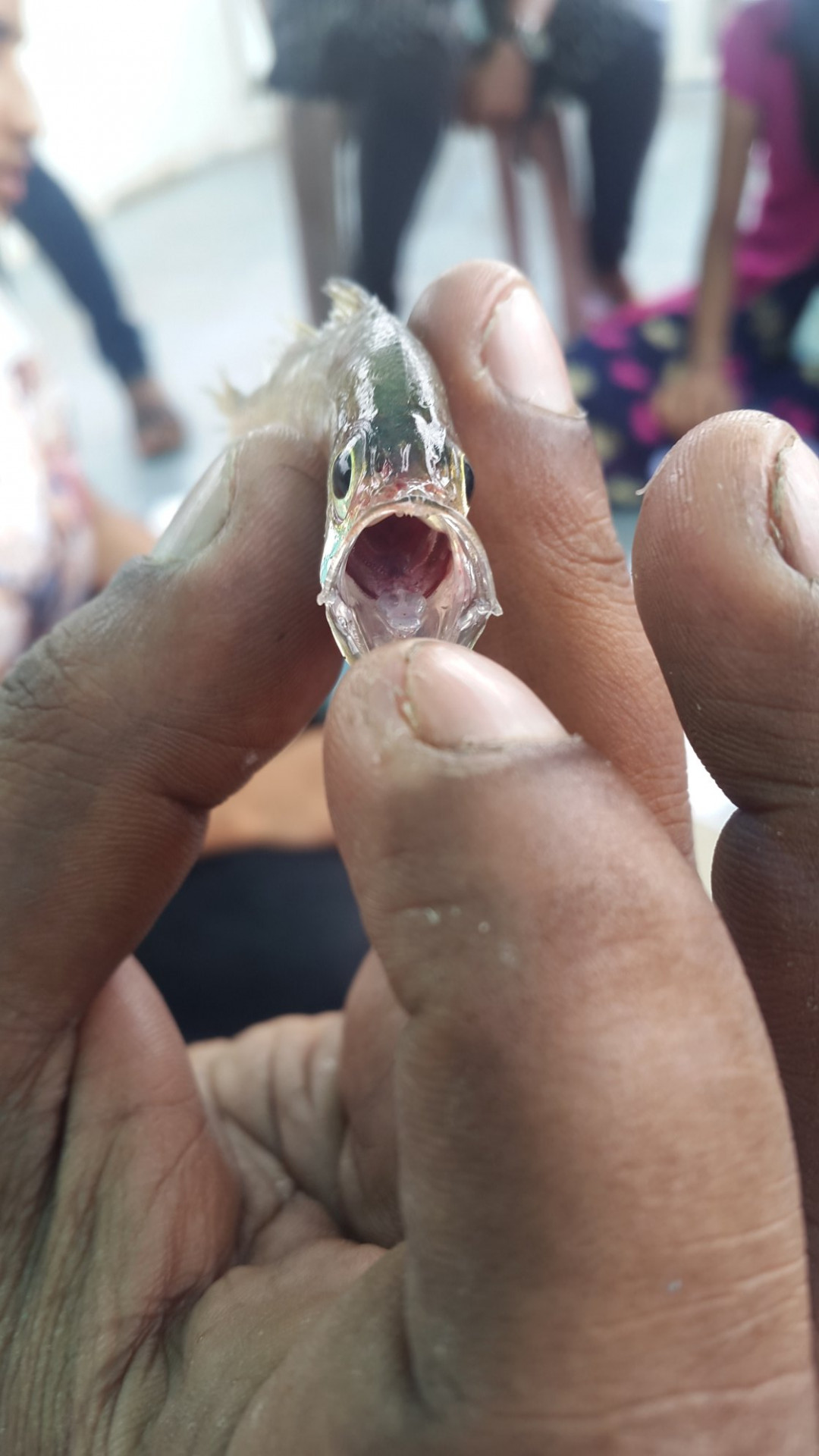
Study Area: Vembanad Lake, designated as a Ramsar site, spans approximately 96 km in length and covers a surface area of 1512 km2. It serves as a transitional ecotone between sea and land and is fed by seven rivers originating from the Western Ghats Biodiversity Hotspot. The lake is renowned for its rich biodiversity, including various fish species, clams, shrimps, crabs, aquatic insects, and other organisms. However, the lake is facing ecological challenges such as water hyacinth proliferation, eutrophication, unmanaged tourism, and unsustainable fishing practices.
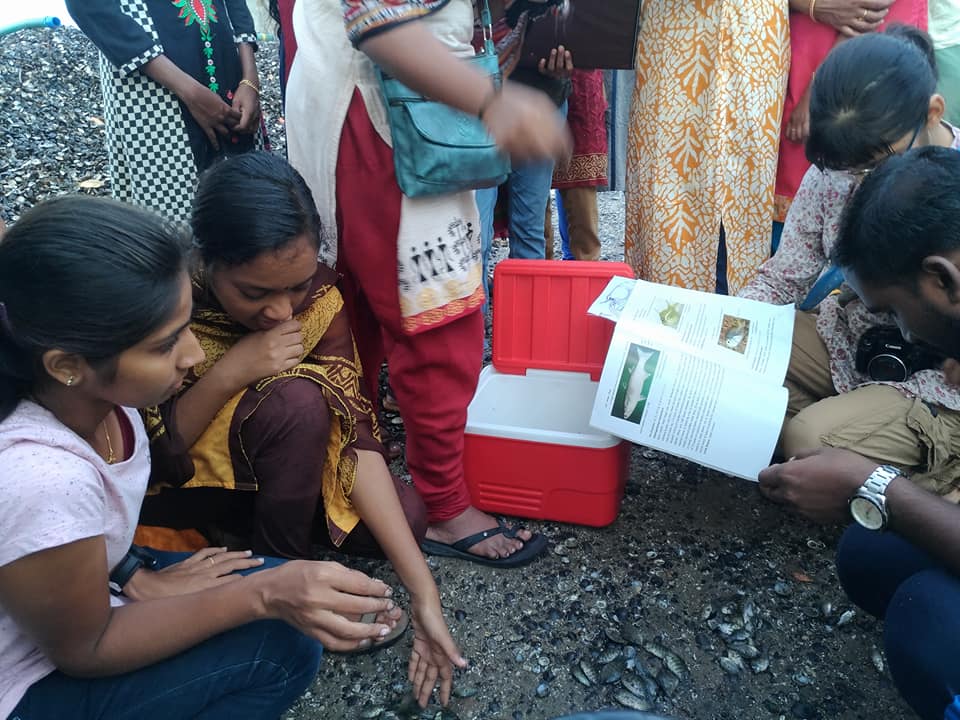
The methodology employed during VFC 2024 involves the participation of 120 volunteers from local stakeholders, colleges, universities, research institutes, and non-governmental agencies. These volunteers are divided into three cruise groups: Kumarakom Cruise (East Bank), Kuttanad (Riverine Sector) Cruise, and Pathiramanal Cruise (West Bank). Each cruise team is further subdivided into four groups responsible for various tasks including experimental fishing, data collection from landing centers, data collection from fishers in the lake, and water quality monitoring.
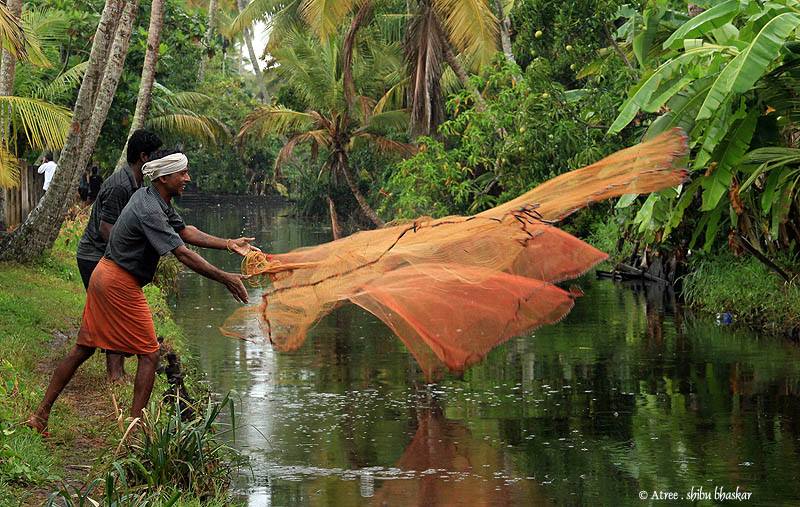
Experimental fishing activities entail the use of gill nets, cast nets, and scoop nets at pre-identified sampling points to assess the abundance and diversity of fish species. Inventory of fish species is conducted with the participation of local fishers and at landing centers. Additionally, water quality parameters such as pH, transparency, temperature, salinity, total hardness, dissolved oxygen, chloride, nitrite, and phosphate are measured to evaluate the overall health of the aquatic ecosystem.
Overall, VFC 2024 serves as a crucial platform for gathering valuable data on the fishery resources and ecological status of Vembanad Lake, fostering collaboration among stakeholders, and advocating for sustainable management practices to conserve this vital wetland ecosystem.
For more details contact:
Jojo TD, Project Manager, CERC: jojo@atree.org
Maneeja Murali, Senior Program officer, CERC : maneeja.murali@atree.org
